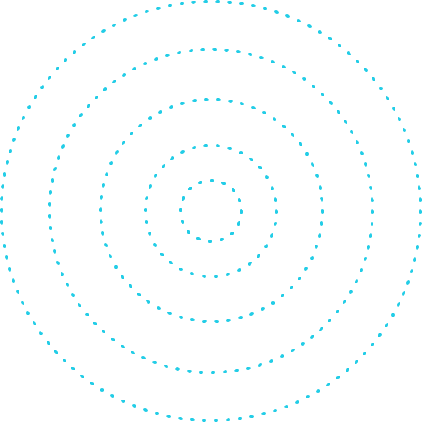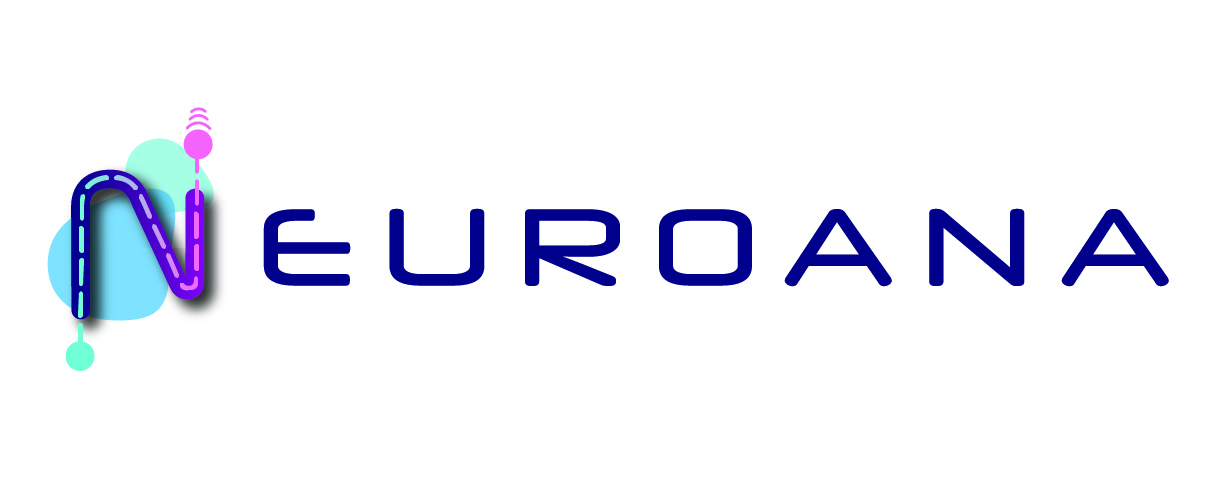Practicing posture yoga is known to bring both physical and mental benefits. The impact of posture yoga on the brain can be analyzed using Electroencephalography (EEG), which records brain activity and helps distinguish between mental states during realtime yoga practice and resting states. This study presents a deep learning model for automatically discerning these mental states. The results of this discrimination could serve as a biomarker for identifying the effect of yoga on the brain. EEG signals were recorded using an Enobio-8 device during realtime yoga posture and resting states. The raw EEG signals were filtered with a 2-40Hz band pass filter to remove artifacts, and statistical features were extracted from each EEG band. A significant increase in Alpha relative band power was observed during yoga, indicating higher relaxation. The extracted features were used to train a deep neural network (DNN), which achieved a test accuracy of 100% in the gamma band, clearly demonstrating the difference between yoga and resting states. Click here to read full article.
Deep Neural Network Based Discrimination of Mental States During Real-Time Posture Yoga Using EEG


0 Comments